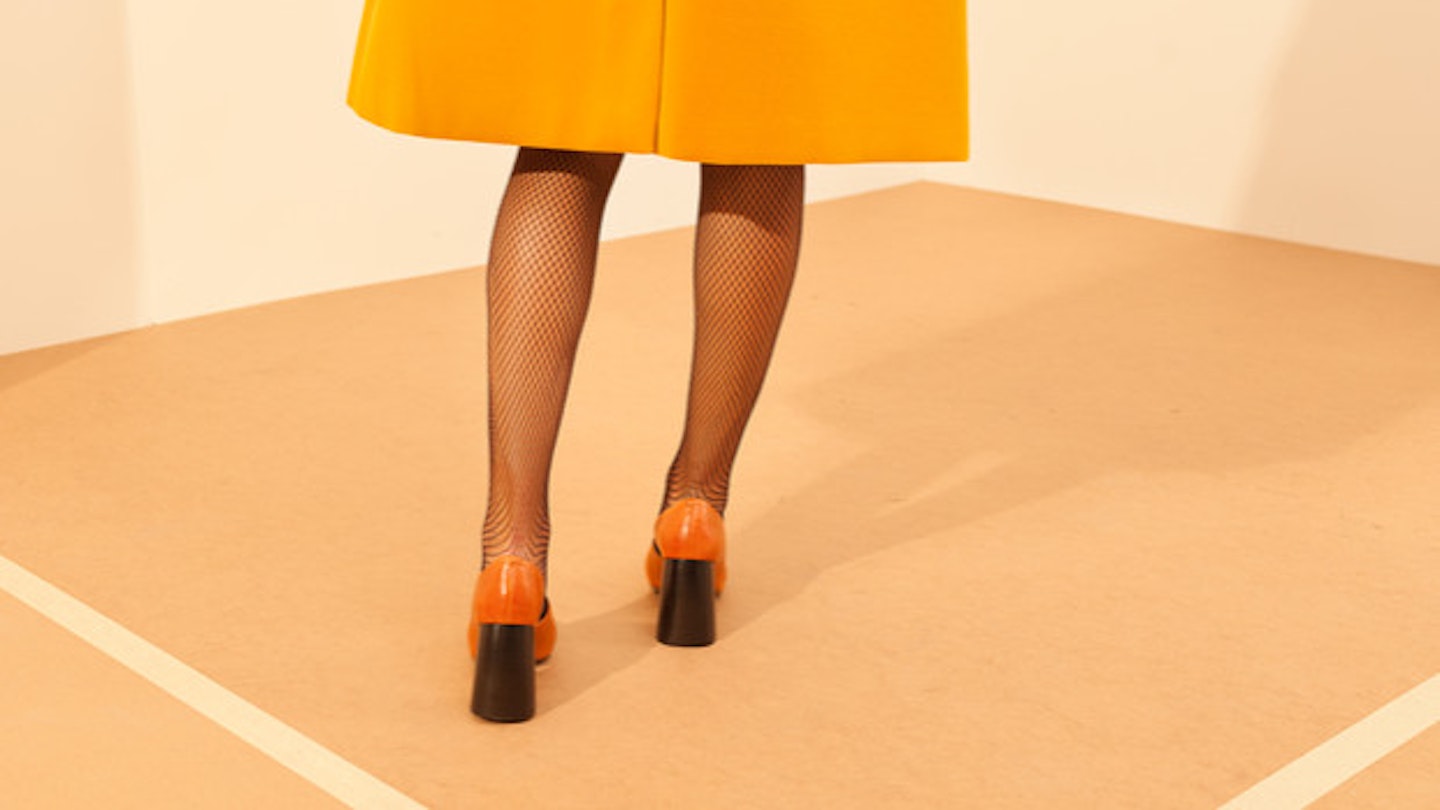Equal Pay Day comes once a year, but wouldn’t it be great if we didn’t have to mark it at all?
From today, the 10th of November, women in full-time work are effectively working for free until the end of the year because of the gender pay gap. You’d think that Equal Pay was a battle that women had already won, right? The stuff of historical dramas like Dagenham Girls, ready to be turned into fuzzy feeling inducing movies for feminists to watch whilst patting themselves on the back and popping popcorn into our mouths simultaneously. But no, there’s still a fight to be fought.
It’s been 46 years since the Equal Pay Act but women still earn less than men and, as things stand, the gender pay gap isn’t expected to be eradicated until 2069 .That's right 2069...when we'll all be retired!
The gender pay gap is closing, but it’s happening very slowly. According to the Fawcett Society it’s currently at 13.9%.That’s roughly 86.1 pence for every £1 that a man earns. The average hourly pay for a full-time female worker is £12.82, compared to £14.16 for a man.
When you look at women who are in part-time as well as full-time work it’s even worse; the gap widens to 18.1% and increases further for BME workers if you take a look at Office for National Statistics data.
David Cameron made a commitment to closing the gender pay gap ‘within a generation’ and Theresa May has made it clear that she’s also committed to this. Progress so far has been painfully slow, so she’s got her work cut out for her.
Equal pay might be enshrined in law but attitudes and actions in the work place haven’t caught up. Why is a job still worth less if a woman is doing it? It’s not. Men are being paid more simply because of enshrined historic attitudes when it comes to gender in the workplace.
Put simply, frankly and somewhat crassly it seems that men are still being paid more for no other reason than the fact that they are men. According to analysis from KPMG, the main reason for the pay gap is still sex discrimination at 38%, with other factors including years not working 22% (because no matter how advanced technology gets it’s still women who carry and give birth to babies). We are never going to sort this out until we deal with sexism and maternity rights.
To mark Equal Pay Day properly The Debrief asked Caroline Dineage MP, Minister of State for Women and Equalities, what exactly the Government are doing to close the gender pay gap and sort this out once and for all:
The Debrief: Hi Caroline, why have we still got a gender pay gap?
Caroline: ‘Britain has made enormous progress on gender balance in the last couple of decades but there is still a gap between men and women’s average salaries. As a result of that ‘gender pay gap’, it is calculated that from today, women will effectively work for free for the rest of the year.
There are lots of factors behind this difference. It’s caused by too few women getting to the top in business and by too few women getting into the lucrative professions and sectors, like Science, Technology, Engineering and Maths. We also know that women are much more likely than men to take time out of work to start a family.’
The Debrief: So what are you doing about it?
Caroline: ‘The gender pay gap is narrowing and is now at a record low of 18.1 per cent but we want to eliminate it completely. That’s why Government is playing its part to support women – particularly after they’ve had children – so they can go back to work and progress in their careers, if that’s what they want to do.’
‘We are giving working parents up to 30 hours of free childcare from next September, we’ve made it easier for both parents to take time off work when they have a baby and everyone now has the right to request flexible working. We’re going even further next April by introducing requirements on all large employers to publish the gender pay gap for their own organisations.’
The Debrief: You’re Minister for Women and Equalities, how do you feel about the fact that we’re still having this conversation in 2016?
Caroline: ‘I started my own business at the age of 19 and later had to balance that commitment with raising a family. I know first-hand how hard it can be but we can do it if we have the right support. The potential benefit of bridging the UK gender gap in work could add £150 billion to our annual GDP in 2025 – that figure speaks for itself. It simply makes good business sense for companies to unlock women’s talents.’
‘We have come a long way but we need to continue to go further so that every woman to reach her full potential in the workplace.’
The Debrief: Thanks Caroline, good to chat.
Like this? You might also be interested in:
Follow Vicky on Twitter @Victoria_Spratt
This article originally appeared on The Debrief.
